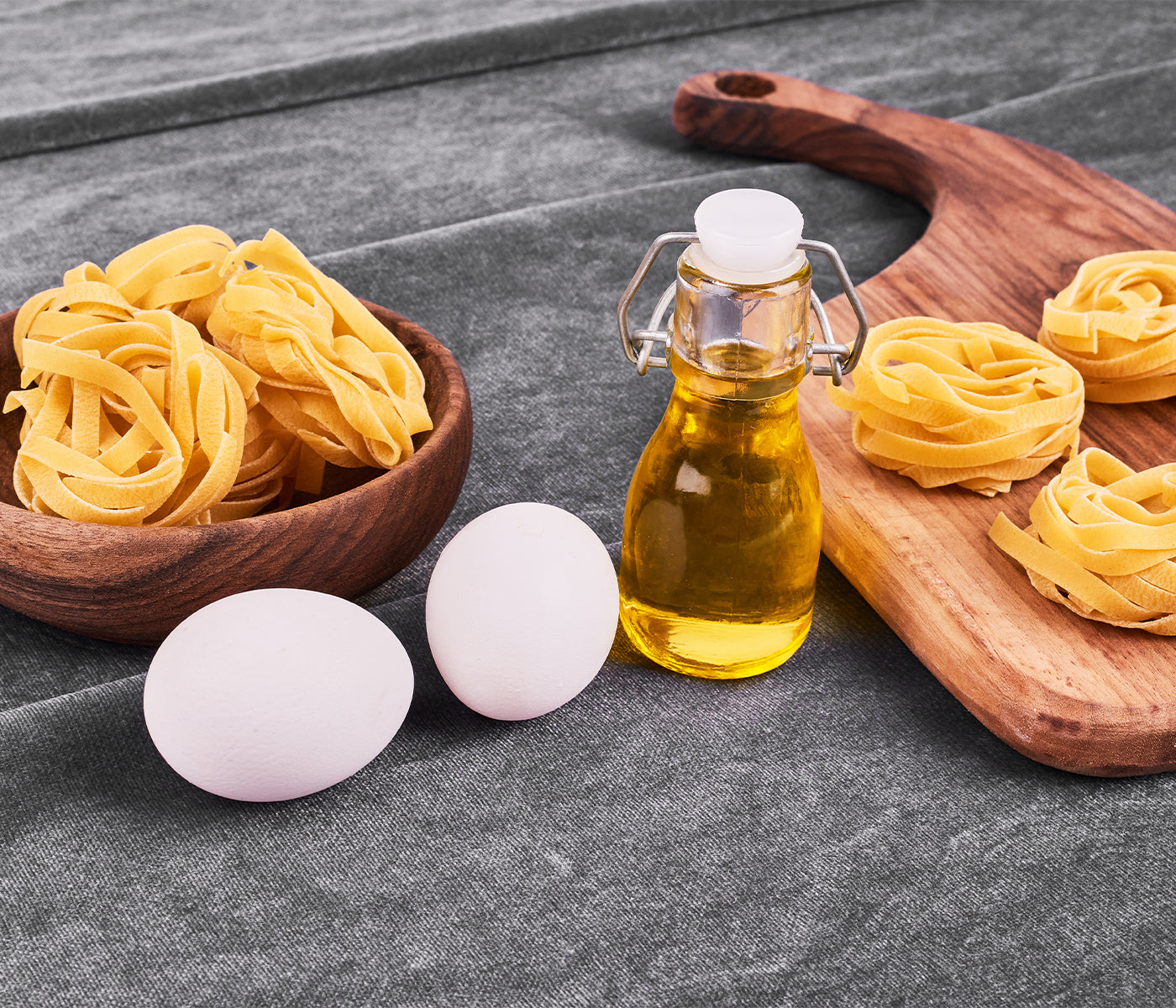
The Power of Vitamin E: Skin and Heart Health
Harnessing the Potential of Vitamin E for Radiant Skin and a Healthy Heart
In today's fast-paced world, maintaining optimal health has become a top priority. While a balanced diet and regular exercise are essential, supplementation with vital nutrients like Vitamin E can significantly enhance overall well-being. This versatile antioxidant has gained widespread recognition for its remarkable benefits for both skin and heart health.
Why Vitamin E Matters for Your Skin
- A Shield Against Oxidative Stress: Vitamin E acts as a powerful antioxidant, neutralizing harmful free radicals that can damage skin cells, leading to premature aging.
- Enhanced Skin Hydration: By promoting the skin's natural moisture barrier, Vitamin E helps keep your skin hydrated, soft, and supple.
- Reduced Inflammation: This nutrient can help reduce inflammation, a common cause of various skin conditions like acne and eczema.
- Protection from Sun Damage: Vitamin E can help protect your skin from sun damage when used in conjunction with sunscreen.
- Improved Skin Texture: Regular Vitamin E intake can contribute to a smoother, more even skin tone.

How Vitamin E Supports Heart Health
- Reduced Risk of Heart Disease: Vitamin E helps lower the risk of heart disease by protecting LDL cholesterol from oxidation, a process that can lead to plaque buildup in arteries.
- Improved Blood Circulation: By promoting healthy blood flow, Vitamin E can help reduce the risk of blood clots and stroke.
- Lowered Blood Pressure: Some studies suggest that Vitamin E may help lower blood pressure, a significant risk factor for heart disease.
- Reduced Inflammation: Vitamin E can help reduce inflammation in blood vessels, which can contribute to heart health.

Incorporating Vitamin E into Your Routine
While Vitamin E is naturally present in various foods like nuts, seeds, and vegetable oils, supplementation may be necessary to meet optimal daily requirements. Consider these ways to incorporate Vitamin E into your daily routine:
- Dietary Sources: Include foods rich in Vitamin E such as almonds, sunflower seeds, spinach, and avocados in your meals.
- Supplements: Consult with your healthcare provider to determine the appropriate dosage of Vitamin E supplements.
- Topical Application: Use skincare products containing Vitamin E to nourish and protect your skin.
By harnessing the power of Vitamin E, you can take a proactive step towards radiant skin and a healthy heart. Remember, while Vitamin E offers numerous benefits, it's essential to maintain a balanced diet, engage in regular physical activity, and consult with a healthcare professional for personalized advice.


